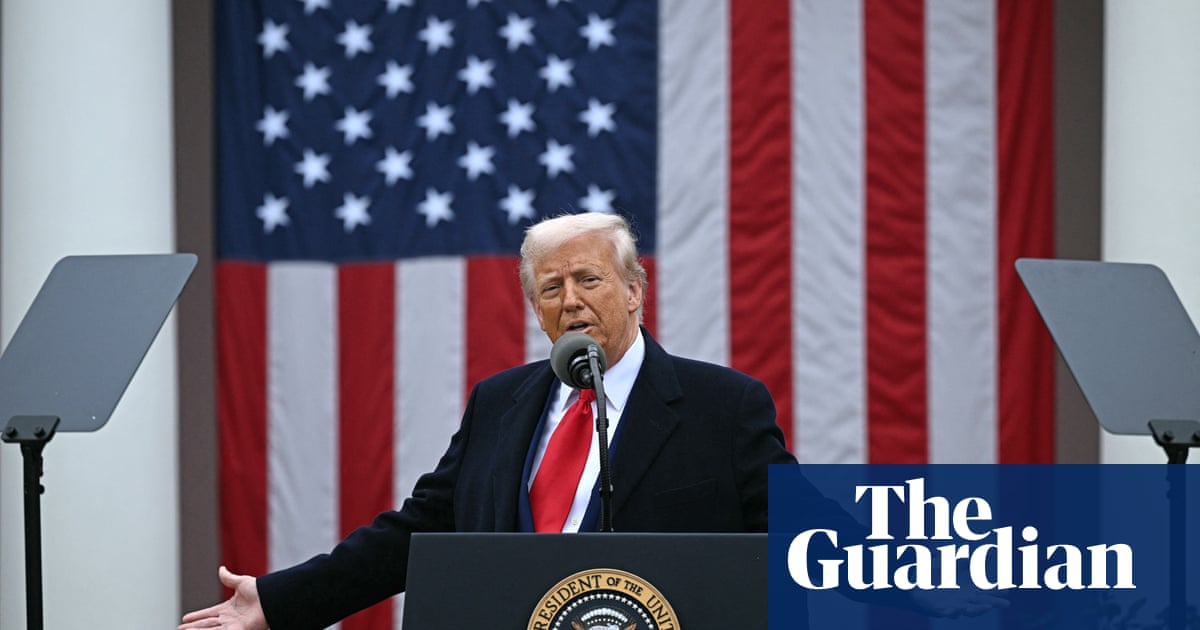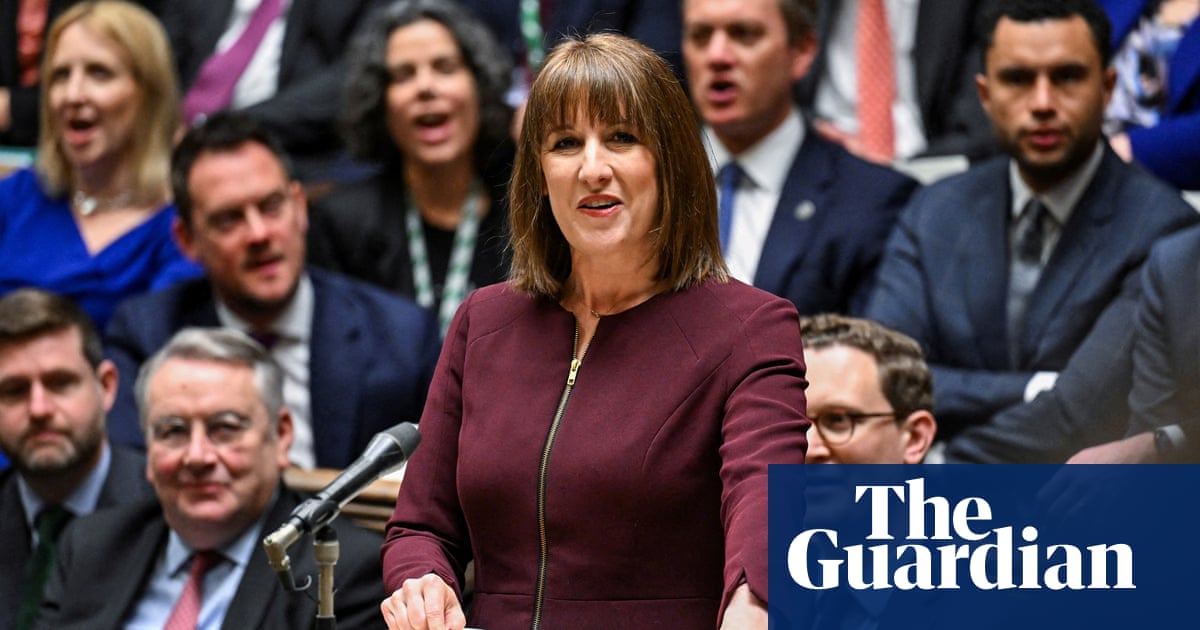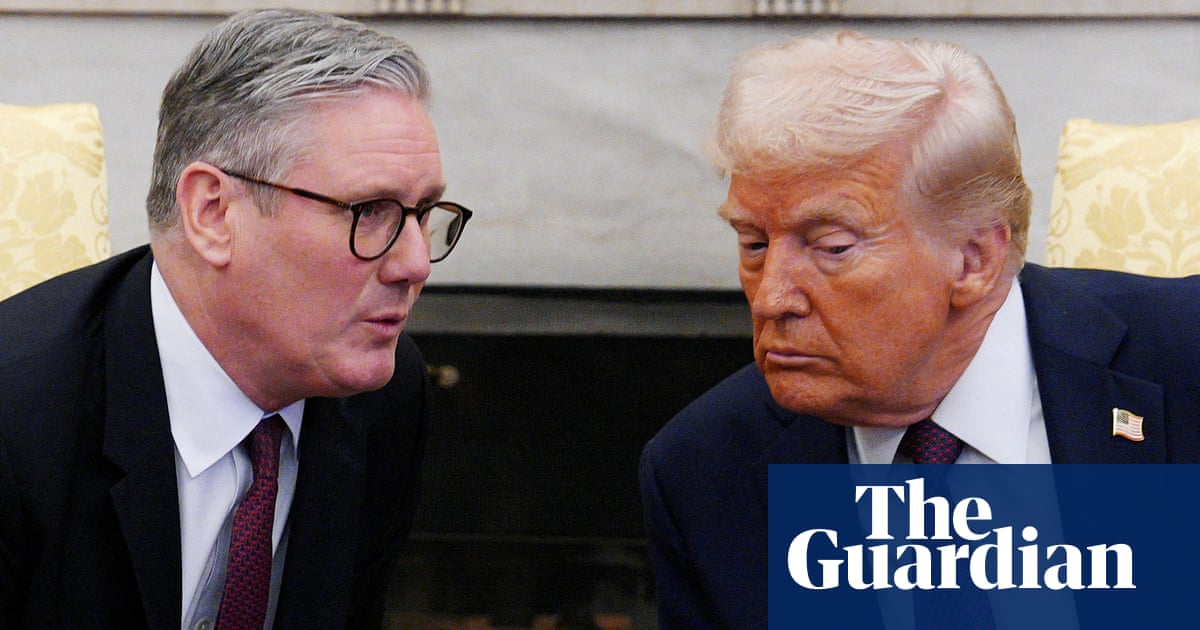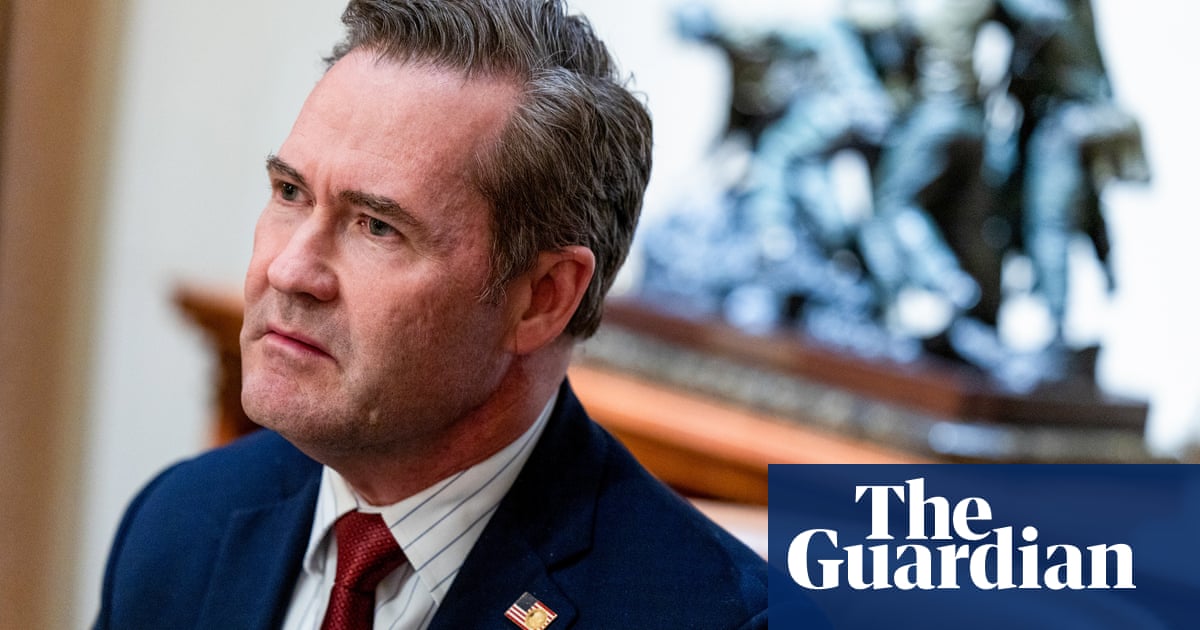Wildlife groups have expressed alarm after ministers promised a radically “streamlined” approach to UK environmental regulation intended to drive economic growth and speed up new housing, as well as major projects such as airports.
While officials said the plans should boost nature conservation overall, the removal of what one called “bat by bat” decisions, a reference to the £100m bat shelter constructed for part of HS2, could water down individual protections.
The new regime is based on a report commissioned in the autumn by Steve Reed, the environment secretary. Led by Dan Corry, a No 10 adviser under Gordon Brown, it sets out 29 recommendations, nine of which are being immediately adopted.
The most radical is that major projects should only have to deal with a single “lead regulator”, which would be responsible for ensuring environmental decisions happen at speed. This would not be a new body but one of the existing quangos developers already deal with such as the Environment Agency, Natural England and the Forestry Commission.
Other recommendations being adopted include a streamlining of environmental permits and guidance, intended to assist “sensible and risk-based” decisions; a single digital portal for such permissions; and a new “infrastructure board” in the Department for Environment, Food and Rural Affairs (Defra), intended to help projects clear barriers.
Reed said the intention was to “boost economic growth and unleash an era of building, while also supporting nature to recover”. However, some nature groups expressed concern that the former would overshadow the latter, with ministers visibly pushing against protection that could hold up new housing or big projects.
Joan Edwards, the head of policy at the Wildlife Trusts, said: “Slashing red tape won’t work for this government any more than it worked for the last because protecting wildlife and wild places is essential to achieving truly sustainable growth.
“We don’t need more short-term sugar-rush economics – we need housebuilding which supports healthy communities and which is built on a foundation of nature’s recovery.”
Beccy Speight, the chief executive of the RSBP, said the bird charity would support changes that could help natural recovery and would “thoroughly review” Corry’s proposals.
She added: “However, any changes must prioritise nature, ensuring that protected areas are shielded from harmful development that could cause irreversible damage. Reassurances alone are not enough.”
Kit Stoner, the chief executive of the Bat Conservation Trust, said: “The secretary of state talks about a commonsense approach to better regulation; we would urge him to work with us to take an evidence-based approach. Without this, the cutting of corners is likely to accelerate nature and economic decline.”
The 64-page review by Corry aims to end what one official called the current “merry-go-round” of regulators, replacing it with a streamlined approach based on outcomes, rather than one that was “too risk-averse and focused on process”.
after newsletter promotion
Protecting nature, such as the Bechstein’s bats shielded by the HS2 tunnel in Buckinghamshire or the fish whose fate could delay the construction of the Hinkley Point C nuclear plant in Somerset, was important, it said.
“But in mitigating our impacts, we shouldn’t be rigidly protecting everything exactly as it is, at any cost. Our approach must also make ample space for innovation, development and growth.”
Corry wrote that he would expect environmental groups to be “nervous” about whether the new focus and parallel plans to give regulators more discretion, could mean nature suffered.
He added: “But everything I have heard and learned during this review suggests that the current system does not work as well as it could for nature and the environment, let alone for growth.”
Officials acknowledge that this is very likely to mean a less stringent policy for specific protection, particularly around distinct major projects, with this “focus on proportionality” meaning something such as the bat tunnel would be unlikely to happen again.
There are, however, no plans to amend or scrap wider habitats regulations, introduced under EU laws and blamed by previous governments for creating unnecessary red tape.
Reed said: “Nature and the economy have both been in decline for too long. That changes today. I am rewiring Defra and its arms-length bodies to boost economic growth and unleash an era of building while also supporting nature to recover.”

 1 day ago
8
1 day ago
8













































